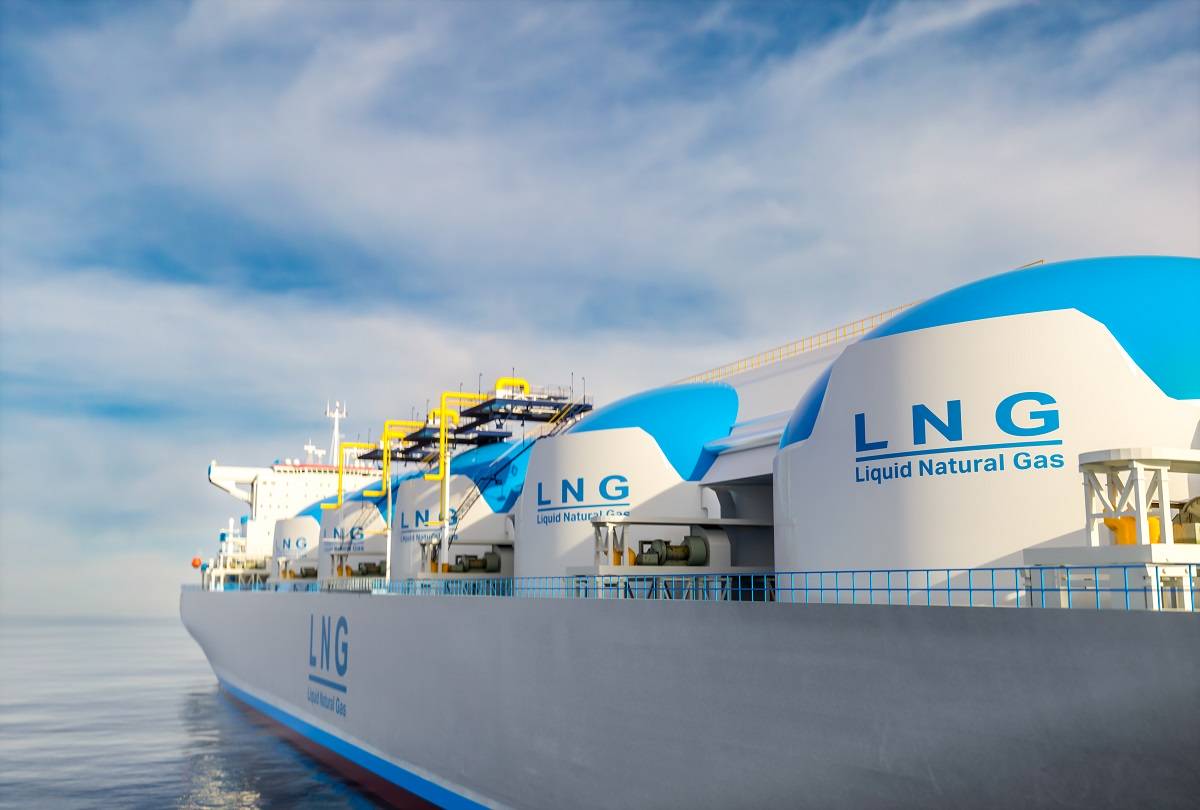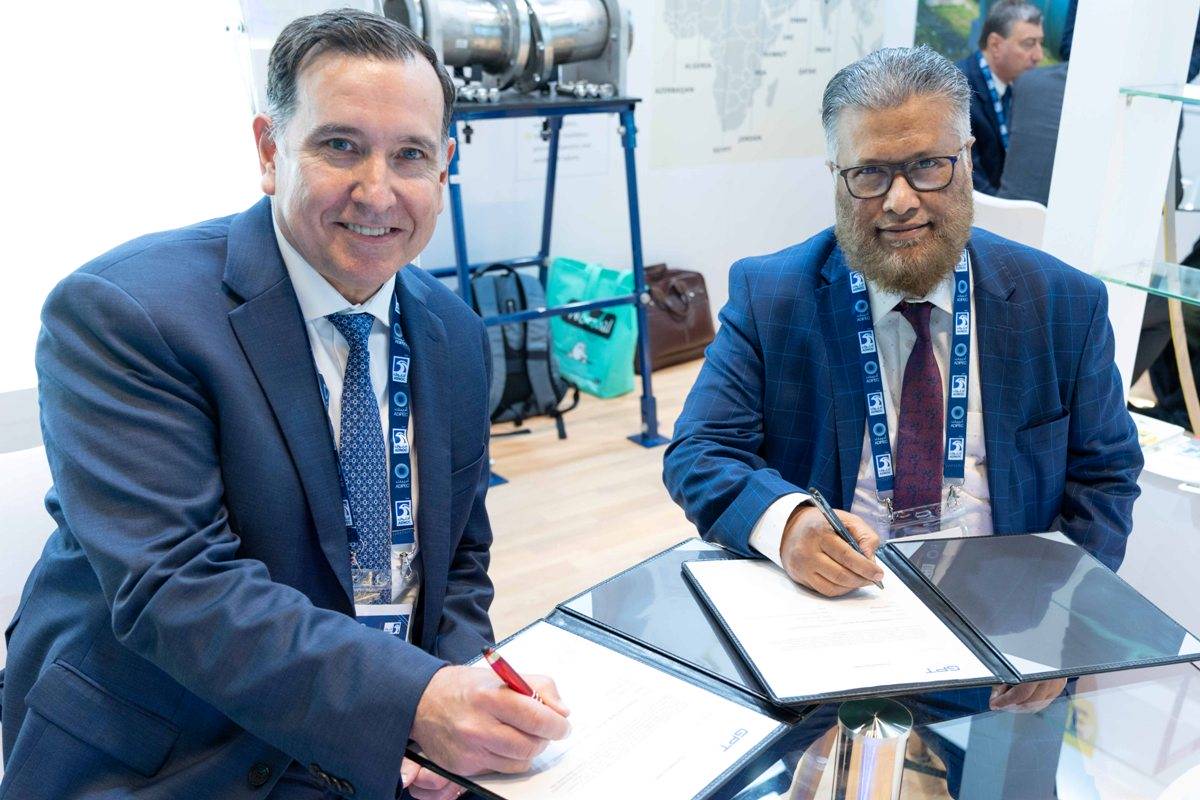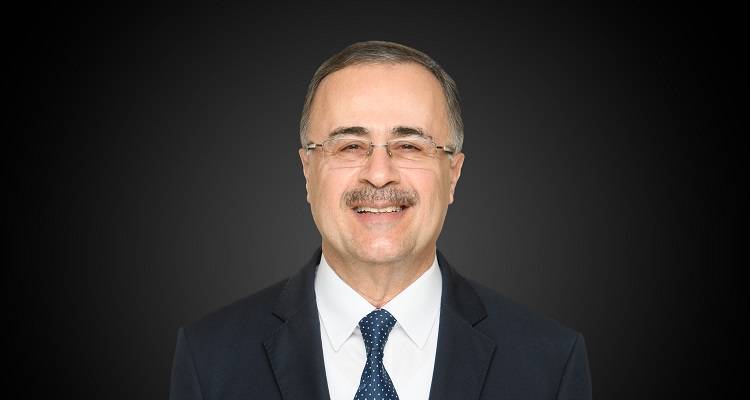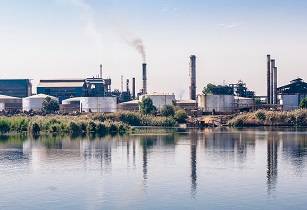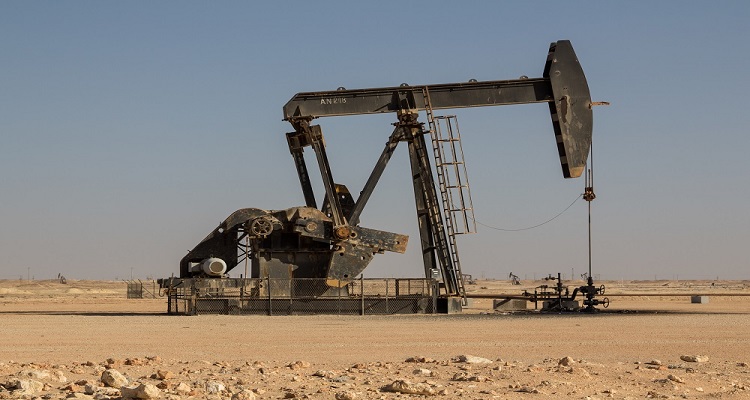Oman needs to prioritise strategies for reducing national demand for power rather than investing in delivering new energy supplies to meet its soaring call on energy, according to the Gulf Intelligence survey of 200 Omani energy executives and officials
There is a two-part solution to the country’s energy transition challenge. The first is reducing emissions stemming from energy supply by increasing the share of zero-carbon energy into the supply mix such as wind and solar.
The second solution, moderating growth in demand for energy by radically increasing energy efficiency and productivity, received the support of 69 per cent of those polled in the GIQ survey conducted in Muscat.
Oman’s total domestic use of natural gas tripled from 381,519mn scf in 2008 to 1,447,422mn scf in 2017. The country’s semi-arid environment, reliance on air conditioning, a rising standard of living, growth in energy-intensive industrialisation, population growth, an introduction of new households and infrastructure investments are factors behind the dramatic increase in domestic demand for energy.
“At some point of time we’re going to be having shortages of gas,” said Salim Al Aufi, undersecretary at Ministry of Oil and Gas, Oman, who also participated in the GIQ survey. “If we don’t pull it all together under a proper energy transition masterplan, we will find ourselves led in directions that we probably need to spend more time recovering from and correcting,” he added.
Oman has one of the world’s highest solar densities and has already made some significant steps towards its Energy Transition strategy in its goal to generate 10 per cent of its power supply from new sources of renewable energy by 2025, and a majority of those surveyed in the GIQ poll were confident that Oman would achieve this target.
The increasing profitability of clean energy activity, especially solar-generated power, has come to drive exponential growth in global annual investment – amounting to more than US$333bn in 2017. Households, businesses and governments are increasingly seeking these new energy solutions due to the real economic value they can provide. About 79 per cent of survey respondents felt Oman risked missing out on the economic rewards available if it didn’t accelerate implementation of new energy transition policies.
Raoul Restucci, managing director at Petroleum Development Oman (PDO), commented, “The biggest local accelerator to Oman’s energy transition is fundamentally alignment – whether it’s the Ministry of Energy or consortiums of entities working together within a common roadmap.”
The move towards adopting energy transition strategies across the Gulf region is propelled by an urgency triggered by rapid consumption, which has grown by eight per cent annually since 1972, compared to two per cent for the world. Together, four of the six GCC countries such as Kuwait, Qatar, Saudi Arabia and the UAE have less than one per cent of the world’s population but account for more than five per cent of global oil consumption.












